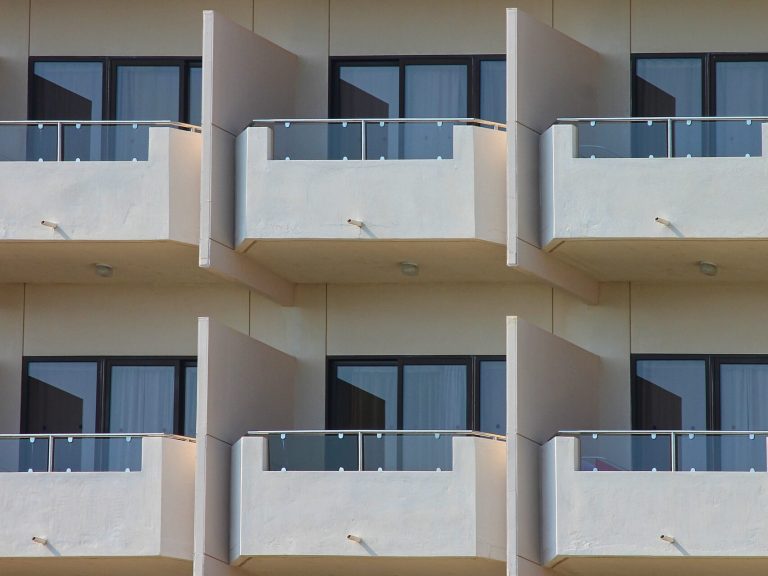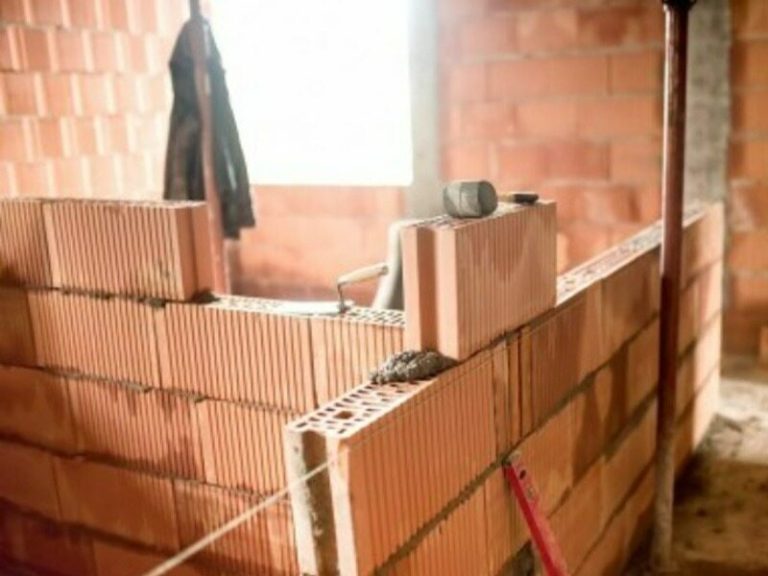The future of real estate crowdlending and crowdfunding

While the investment of PLN 40 and 9 percent. interest paid quarterly does not raise the temperature yet, then collecting over PLN 0.5 million two weeks before the end of the collection and interest at the level of 20 percent. with quarterly payouts can already attract the investor’s attention. In addition, a very high interest rate is associated with a security system, including a special Administrator who always acts in the interest of borrowers. Doesn’t that sound like the Holy Grail of investing? No, that’s how crowdlending works.
Crowdlending (ang: crowd, lending – borrowing) is group investing with loans in investment projects and always starts with an analysis of the repayment potential of the loan taken.
The first element that crowdlending platforms implement is the so-called initial vetting to which companies wishing to start collecting funds in the form of group loans are subject. Usually, this process takes two weeks and is based on a thorough check whether there are people or entities behind a given fundraiser that could generate additional risk, as well as the potential for repayment and the security system.
Of course, it is easier to carry out this process with well-known companies or people who have an unquestionable reputation than a home-grown real estate flipper who wants to raise funds for renovation and cannot get a loan (banks in Poland do not easily finance flipper transactions).
After the first stage is completed, an external company is hired to perform the audit and issue the appropriate rating. This is usually an assessment based on a number of factors, including project viability, likelihood of repayment, quality of project sponsor, type and type of collateral offered. Typically, investments that pass an audit get high ratings (A or AA). But this is not the end of the formal element.
Crowdlending investments in real estate do not have the so-called redemption (payback). Here, project risks are secured, for example, with a real estate mortgage. A strong security for lenders is submission to enforcement pursuant to Art. 777 kpc. This is one of the strongest forms of security in our legal order, as it is a proceeding for granting an enforcement clause to a notarial deed.
This means that if something goes wrong with the repayment of the loan, the lender does not have to judge for years. In return, the security administrator acting on his behalf obtains a court order and thus forces the debtor to submit to quick and unconditional enforcement pursuant to Art. 777 § 1 item 4, 5 and 6 of the Code of Civil Procedure. It seizes the debtor’s personal property and sells it below market value, recovering the loan amount due with interest.
The main advantage of this solution is the speed and simplicity of the procedure compared to the traditional model, because the application for an enforcement clause is examined by the competent court immediately, not later than within three days from the date of its submission.
In addition to security, the crowdlending investor should also be able to earn adequate money on the loan. Usually, platforms – including Crowder.pro, the most famous in Poland – negotiate appropriate conditions with the borrower so that the offer is attractive. The last Samana Group campaign, which collected over 160 percent. of the offered amount, brought investors a record rate of return of 20%. annually. Unfortunately, not everyone could invest, because the loan was finalized instantly. Therefore – probably in the fall of this year. – the second edition of this investment will be implemented.
Tokenization and crowdfunding
One of the new varieties of collecting funds for real estate is tokenization, i.e. the transformation of traditional forms of security related to the company’s shares into tokens, and security in the form of a notarial deed and land and mortgage register – into security specified in the so-called. smart contract based on blockchain technology. In simple terms, tokenization is a combination of smart contracts and a distributed ledger (DLT). Blockchain technology takes over all those elements that are implemented by courts, notaries or land registers.
The difference between crowdfunding and tokenization is like having a physical ID card and its digital version in the mObywatel application. Everything breaks down to personal preferences and fears of having a physical substitute in the form of a digital code.
There are several solutions on our market in which owners invest in ventures and receive virtual tokens of digitized real estate. This has become possible thanks to the use of blockchain technology. This makes it faster to register and enforce digital property.
The first stage is usually to determine the right of the token holder to his property, exactly as in the case of a company, where the rights to equity shares, dividends or management are determined. For this, the regulatory framework is taken and the appropriate jurisdiction is selected.
At the end, a process similar to the IPO (Initial Public Offer) known from the stock exchange, i.e. a public offer for the sale of shares, which in this nomenclature is called Security Token Offering. Under the STO, unlike company shares, investors can buy tokens securing assets related to real estate. Although this form of raising funds for real estate is becoming more and more popular, uncertainty related to regulations is one of the most important concerns related to real estate tokenization.
The future of crowdfunding platforms and the Polish Financial Supervision Authority
Currently, regulations are coming into force that may turn over the table of financing for business ventures. Well, on July 29, 2022, the Act of July 7, 2022 entered into force, which regulates and adapts our law to Directive (EU) 2029/1937. According to it, all crowdfunding platforms – both in the investment and loan model – will be subject to the Polish Financial Supervision Authority.
In a few months, on November 10, 2023, the transition period ends. For investors, this means above all increased supervision and security of such investments, as all platforms, both debt (crowdlending) and equity (crowdfunding) must undergo the process of obtaining appropriate permits from the KNF. This also means the end of public collections, which take place, for example, in social media, so far carried out independently by developers, and the risk of high fines (up to PLN 5 million) in the case of making these collections without the required license.
That is why there are opinions that the crowdlending industry is on the verge of a bull market, and the crowdlending market in Poland is estimated at several billion zlotys a year. Time will tell if this will actually be the case.
Mark Cieśla






